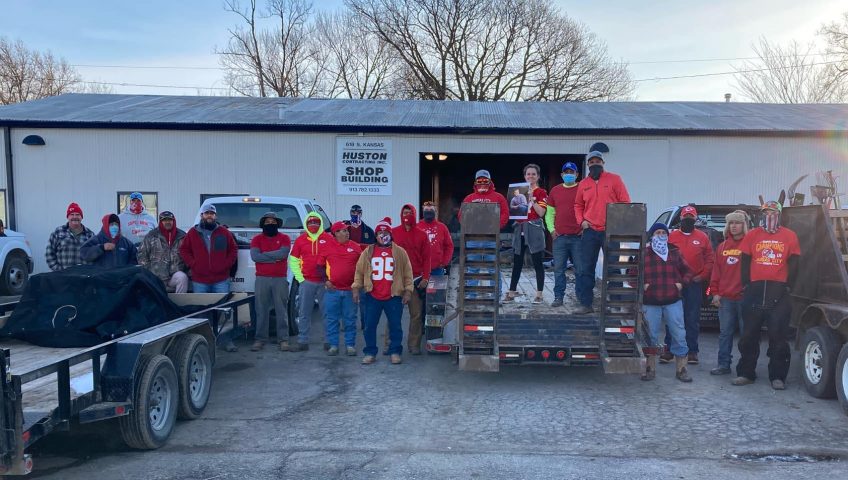
Questions You Should Always Ask Your Landscape Architect
The idea of hiring a professional landscape architect to turn your outdoor space into the space you’ve always wanted can be overwhelming. Where do you start? What questions should you ask? What research should you do prior to calling different companies?
Don’t worry—we’re going to break it down for you.
First Things First: Plan
We’ve said it before but we’ll say it again: before you hire a professional to make improvements to your lawn and landscape, you should be thinking about what changes you’d like to make. Do you want a retaining wall? New outdoor lighting? A water or fire element? Are you ready to expand by adding a gazebo or an outdoor kitchen? Or are you looking just for landscaping?
When you have an idea of what you might want, the next step is to determine—roughly, not down to the exact penny—you budget. This will help you understand how much you can get with the money you have available, but it will also help the professional you choose know how to prioritize your budget.
Once you’re clear about what you want and how much you’ll pay for it, think about a few other things. Like how much of your own maintenance you are comfortable doing, and how often you want the company you hire to perform services. Having a few parameters around what you expect, and what you feel comfortable with, will help when you start having conversations with different providers.
Now It’s Time to Talk
Here are a few considerations as you take the leap from thinking about hiring a professional to interviewing candidates:
Tip 1: Contact more than one landscape architect. Like all other services, it’s important to compare your options so you can start to get a feel for how different providers work. Ask for referrals from family and friends you know and trust; they’ll point you in the right direction, and that’s a great start. You can also check with your local chamber of commerce. Church and civic organizations can also provide valuable insight into a company’s involvement in the community.
Tip 2: Come prepared. It’s not a test—but it’s a good idea to come with a few prepared questions, especially when those questions are really important to you. For example, if you’re on a strict budget, you want to be sure to remember to discuss that. Or if you want an outdoor kitchen, you want to be sure the potential landscape architect has experience in that area. Coming prepared means you’ll be able to ask everything you need to know.
Tip 3: Don’t be afraid to ask follow up questions. Your prepared list of questions is a good start. But don’t be afraid to let the conversation expand so you can learn as much as possible about a potential service provider. Ask open-ended questions. For example, ask “tell me about an outdoor kitchen you recently worked on, including a challenge you faced and how you found solutions,” rather than simply asking, “do you do outdoor kitchens?”
Ask About the Entire Team
Chances are you won’t meet everyone at a company that makes their work for you possible. But that doesn’t mean you can’t ask how things work behind the scenes. It’s important to ask about communication preferences. For example: “if I have an issue, how should I get in touch with you?” or “If I reach out, how long should I expect to wait for a return call and will it be you who calls back, or someone on your administrative team?”.
We’re always available to chat about your projects—and we share information about our business, our community, and our staff on our Facebook page. We think it’s important to do this, so you can get to know us. If you’d like to learn even more or you’re ready to get started on a new project, we’d love to work with you. Please reach out if we can offer options or assistance.


